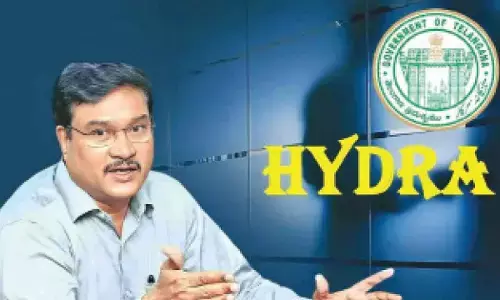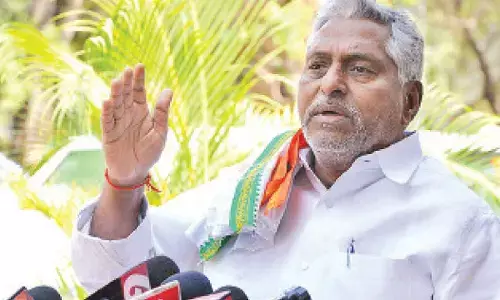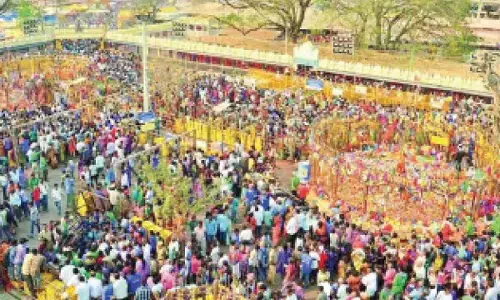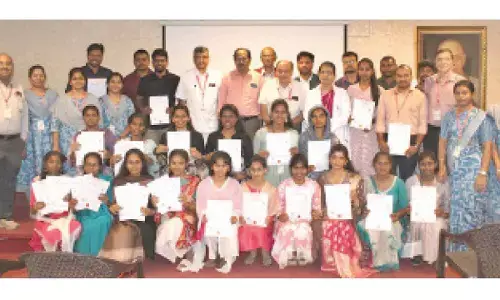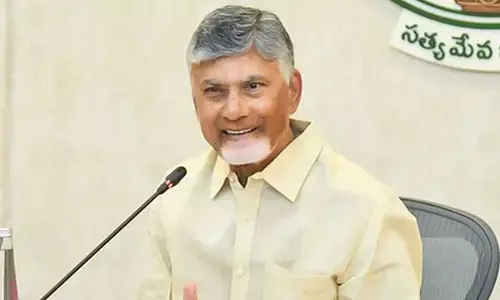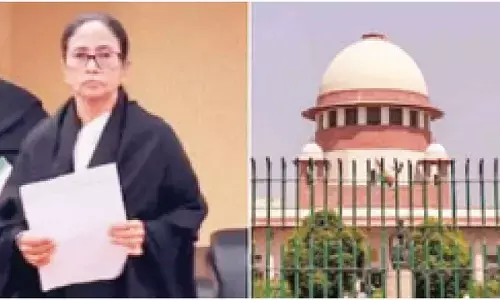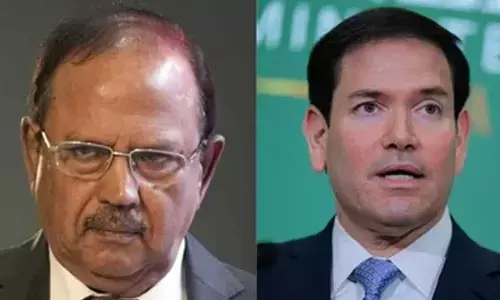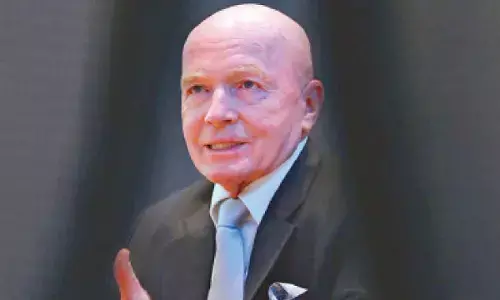Alternatives to fare hike
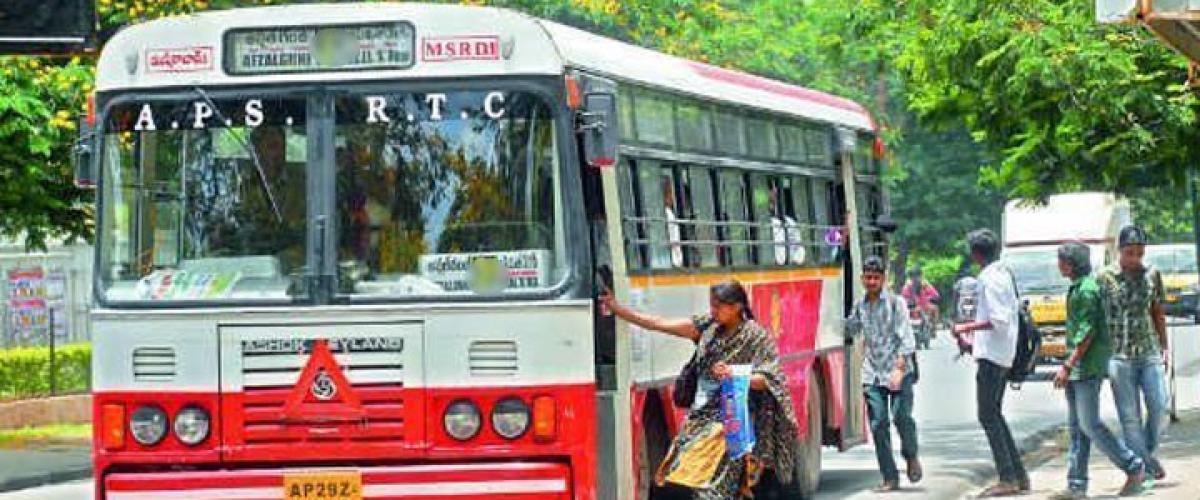
Media reports suggest that both Telangana and Andhra Pradesh governments are considering hike in RTC bus fares. Politics is the art of finding creative solutions and guiding public policy. In a democracy, the primary function of a government is to ensure that its policies do not levy additional burden on common man.
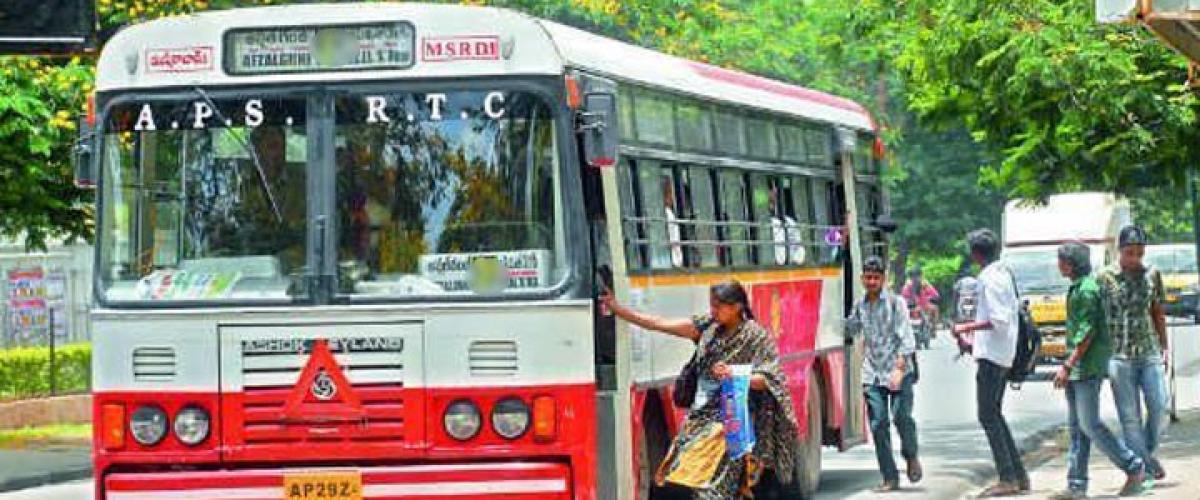
Media reports suggest that both Telangana and Andhra Pradesh governments are considering hike in RTC bus fares. Politics is the art of finding creative solutions and guiding public policy. In a democracy, the primary function of a government is to ensure that its policies do not levy additional burden on common man.
Before deciding to raise bus fares, the governments should explore alternatives. It’s true that road transport corporations are facing troubles due to accumulated losses. But, the commuters are not responsible for this. Government policies and managerial failures are resulting in huge losses.
Even though most of the bus routes are nationalised, private operators are allowed to run buses on profitable routes only, leaving the burden of loss-making routes on the RTC.
The RTC has to cross-subsidise several loss making routes as a social obligation. There is no level-playing field between public and private operators.
This is nothing but privatising profits, while nationalising losses. The RTC would be benefited to the tune of hundreds of crores even if illegal private transport is curtailed. Despite having no permits, the private operators run their services as stage carriers,
thus eating into the revenues of the RTC. The government remains a passive spectator as influential politicians own these private services. Now, the people are asked to pay for the private appropriation of otherwise public revenues.
Instead of investing in public transport, we have an obnoxious practice of taxing public transport. Public transport saves fuel, prevents road congestion, and reduces pollution besides providing cheaper transport to the common man. Taxing such a service lacks any common sense.
As recommended by an expert committee of Indian Institute of Management (IIM), Bengaluru, appointed by the united Andhra Pradesh government, at least loss-making routes should be exempted from taxation.
The RTC has valuable physical assets like land. These can be monetised to earn revenue. Perhaps no other entity has such connectivity. This can be leveraged to provide not just passenger transport but even goods transport to fetch handsome revenue.
The RTC is unnecessarily asked to face the burden of debt servicing and hired buses. It is a big consumer of fuel, tyres and other spare parts. Unlike on Railways, heavy tax is levied on the diesel consumed by the RTC which certainly deserves diesel dealer discount that would save a few hundred crores.
Decades ago RTC planned its own tyre manufacturing plant at Mangalagiri. But, due to reasons better known to the government and the RTC authorities , the project failed to take off. Own manufacturing of tyres and other spare parts can yield rich revenue for RTC.
Instead of attempting these alternative measures, a hike in bus fares would result in fall in occupancy ratio (number of passengers travelling to the total seats).
Such a situation would defeat the very purpose of raising resources through fare hike. Public transport is not a commercial commodity to yield profits. The governments have to invest in this crucial infrastructure which would contribute to overall social and economic development.
Editor: Prof K Nageshwar








